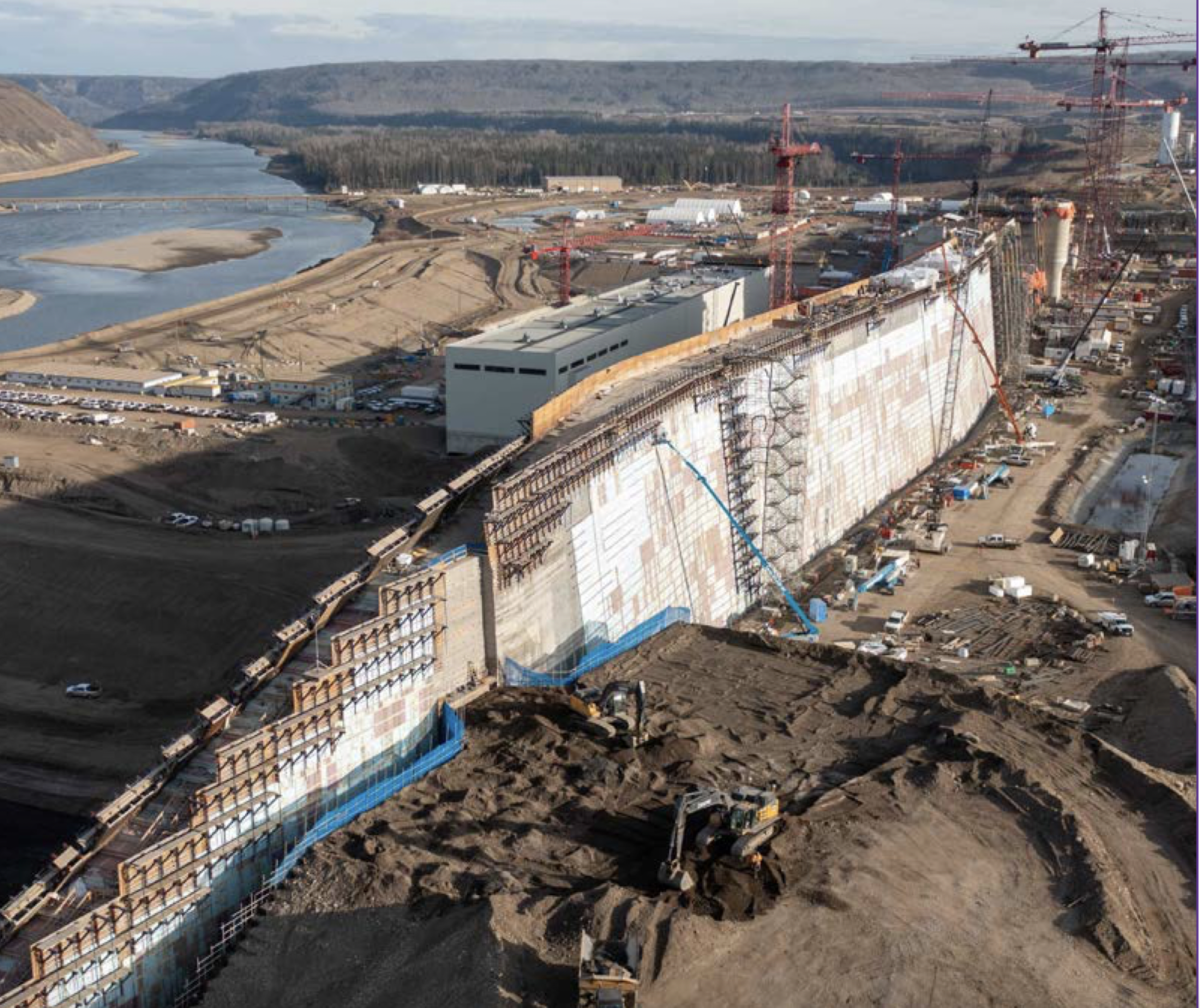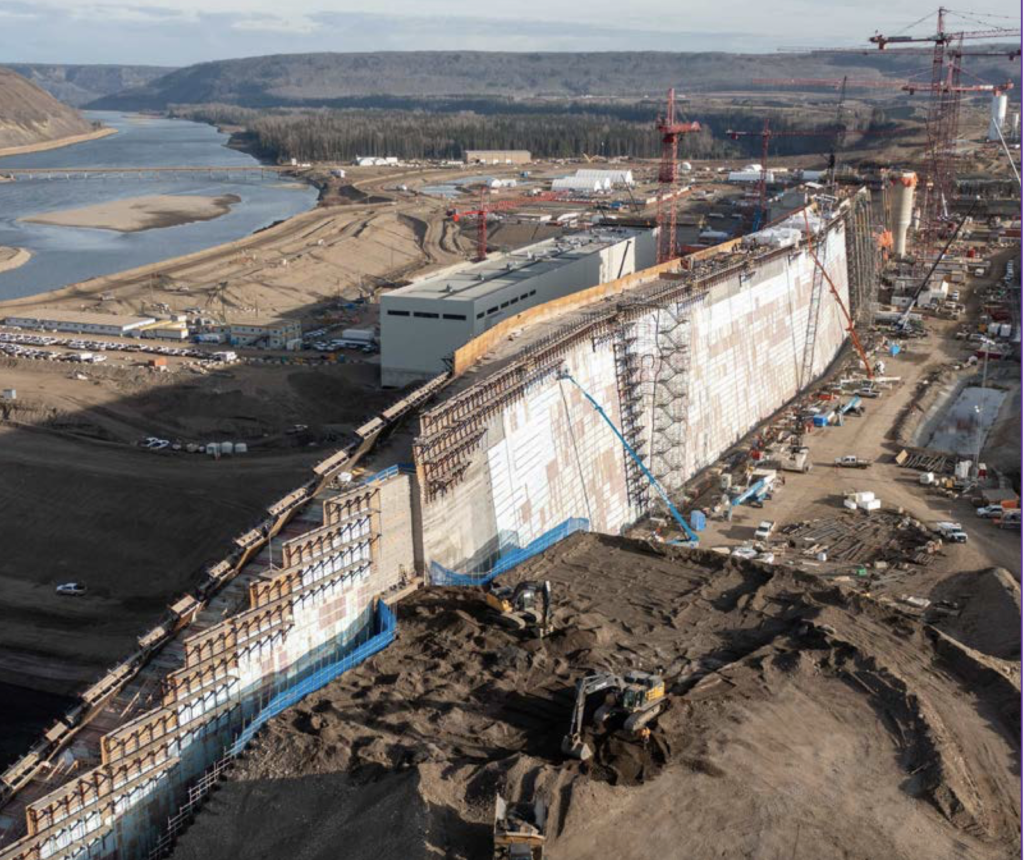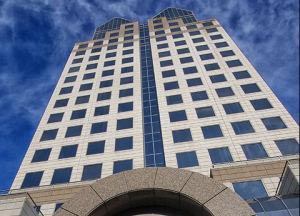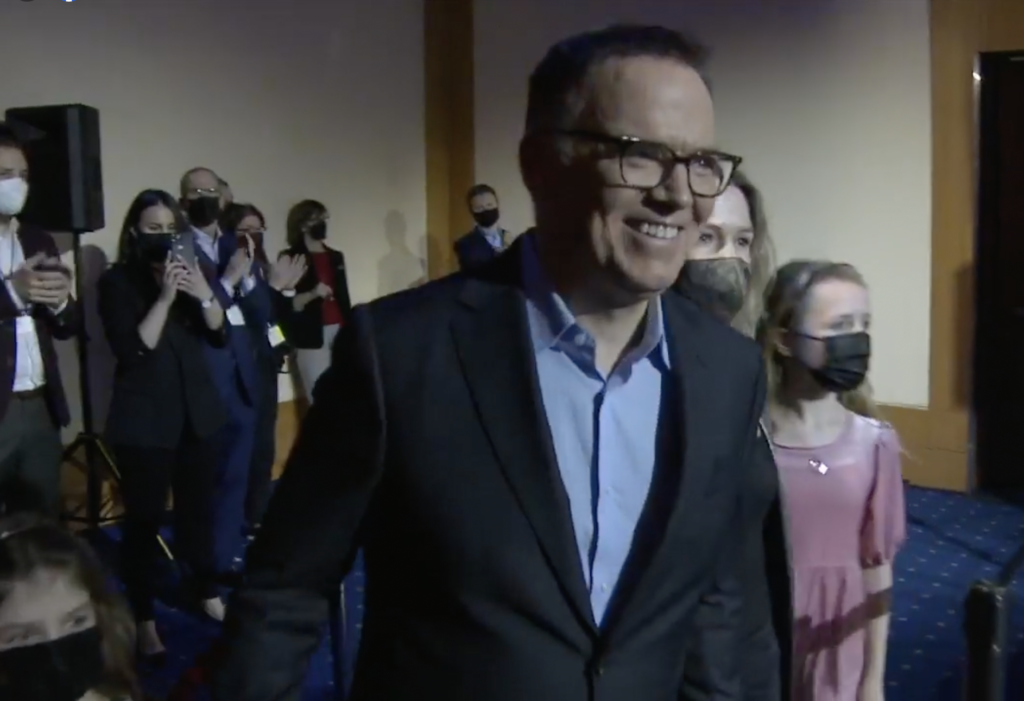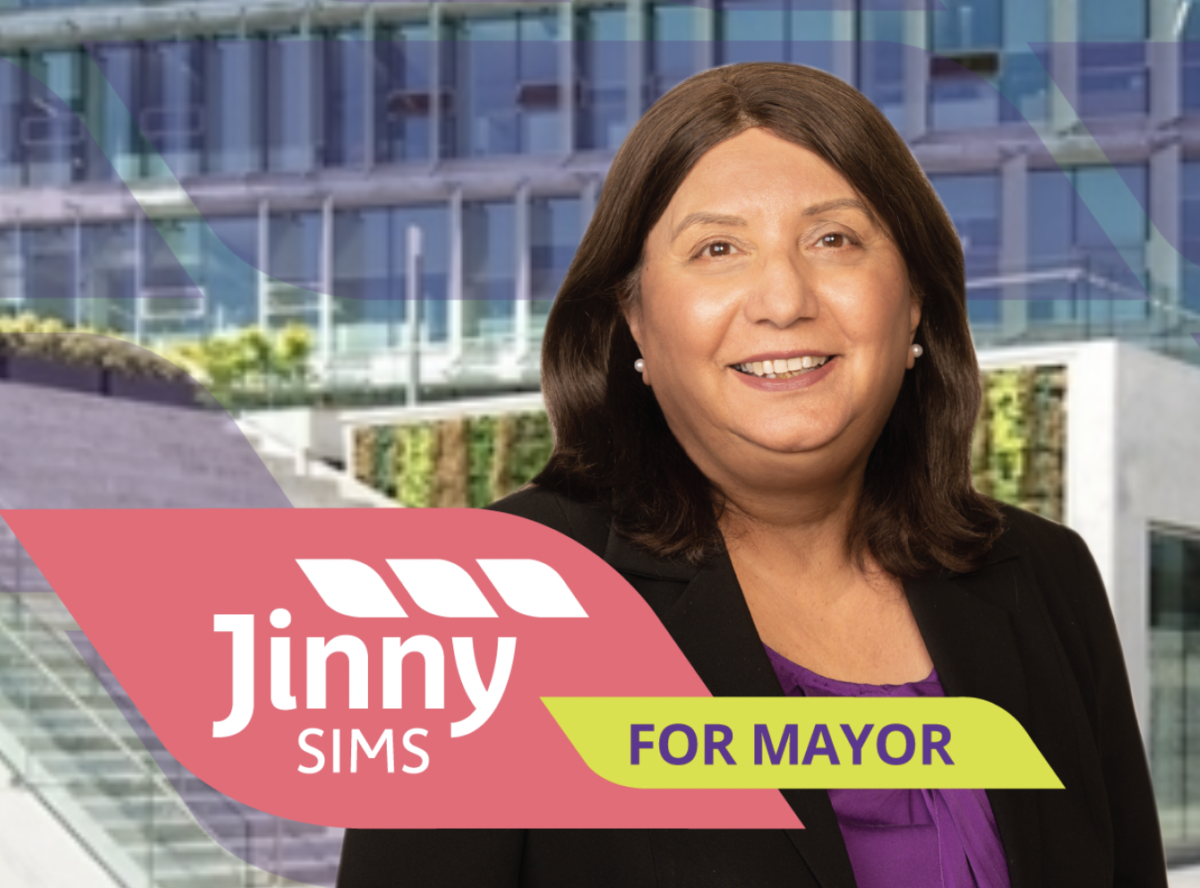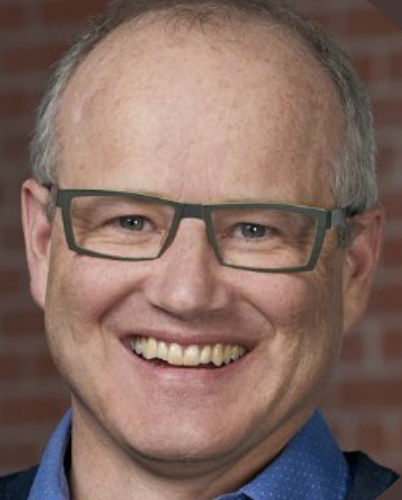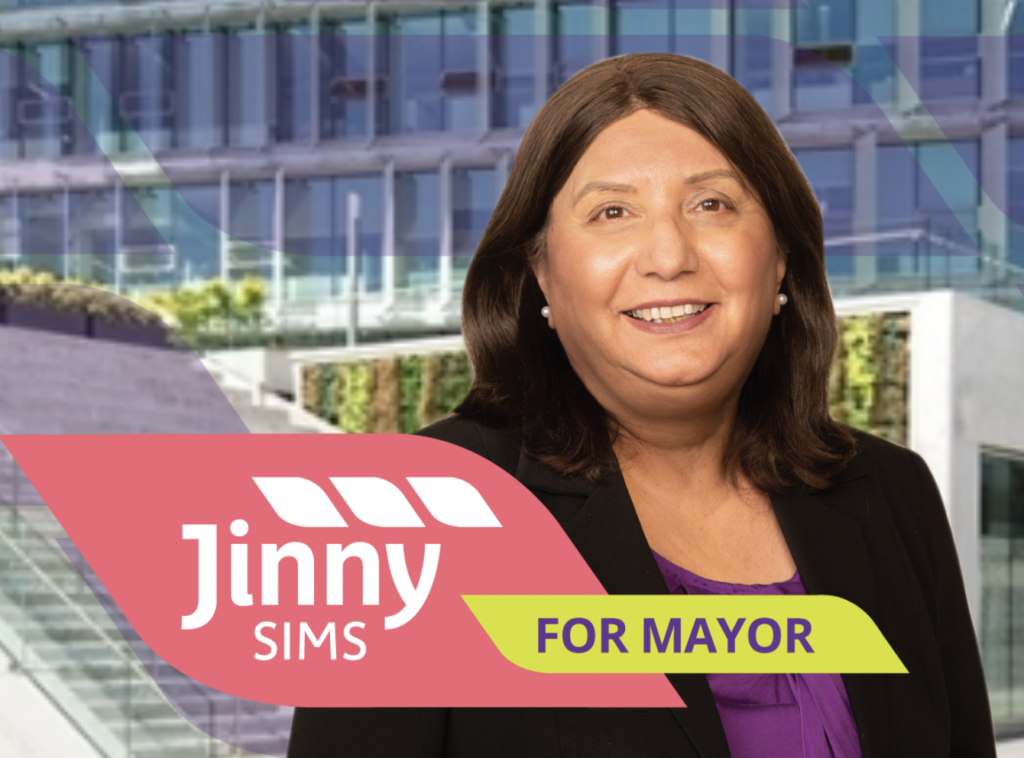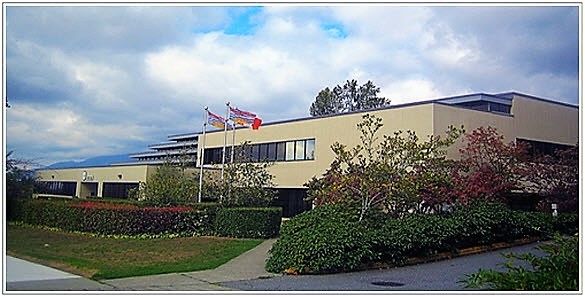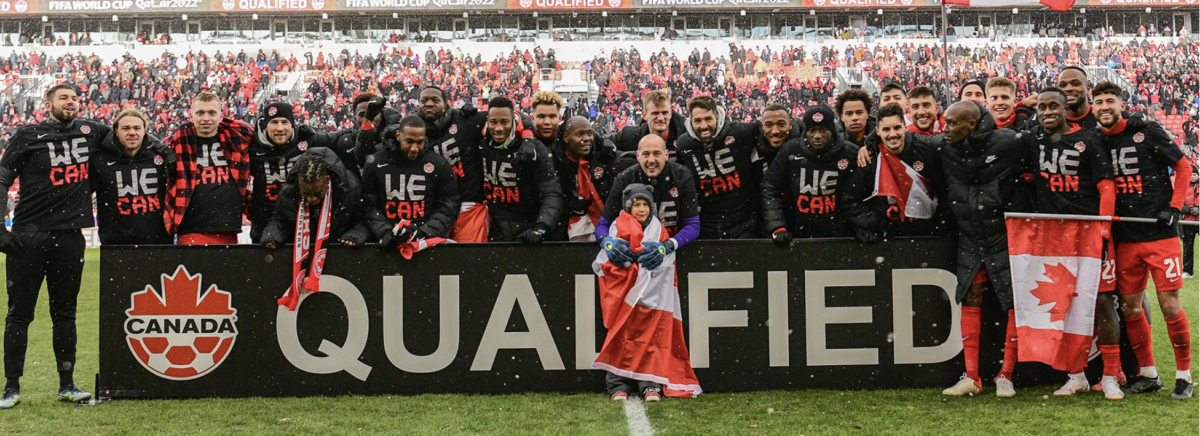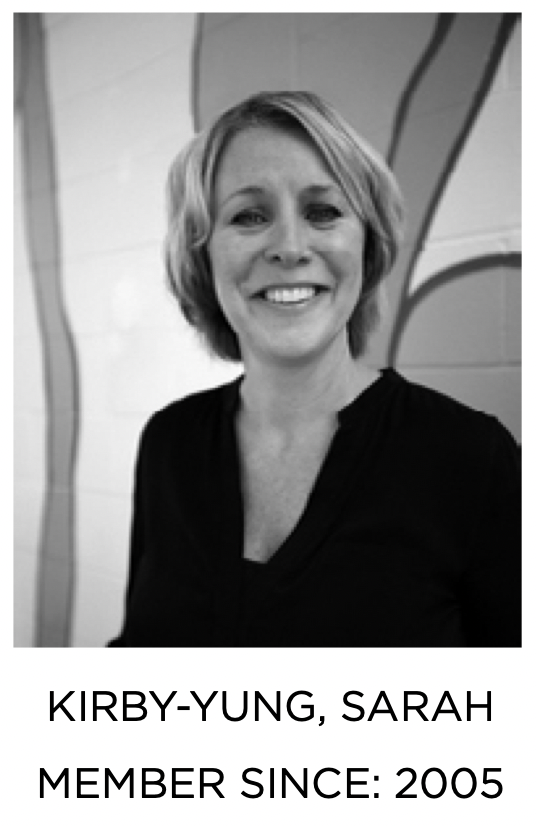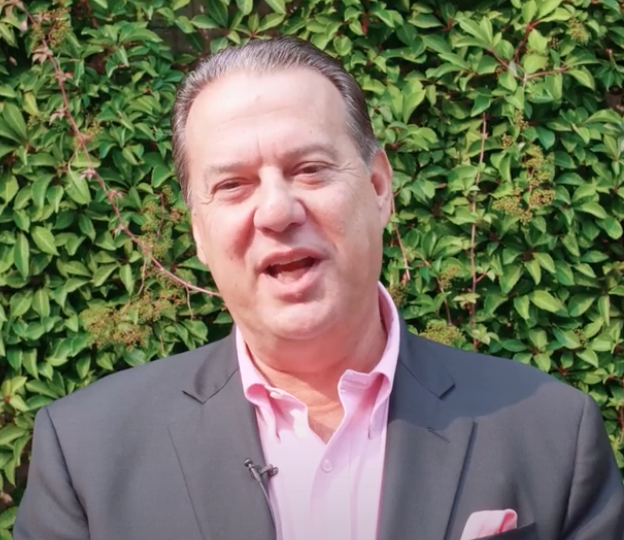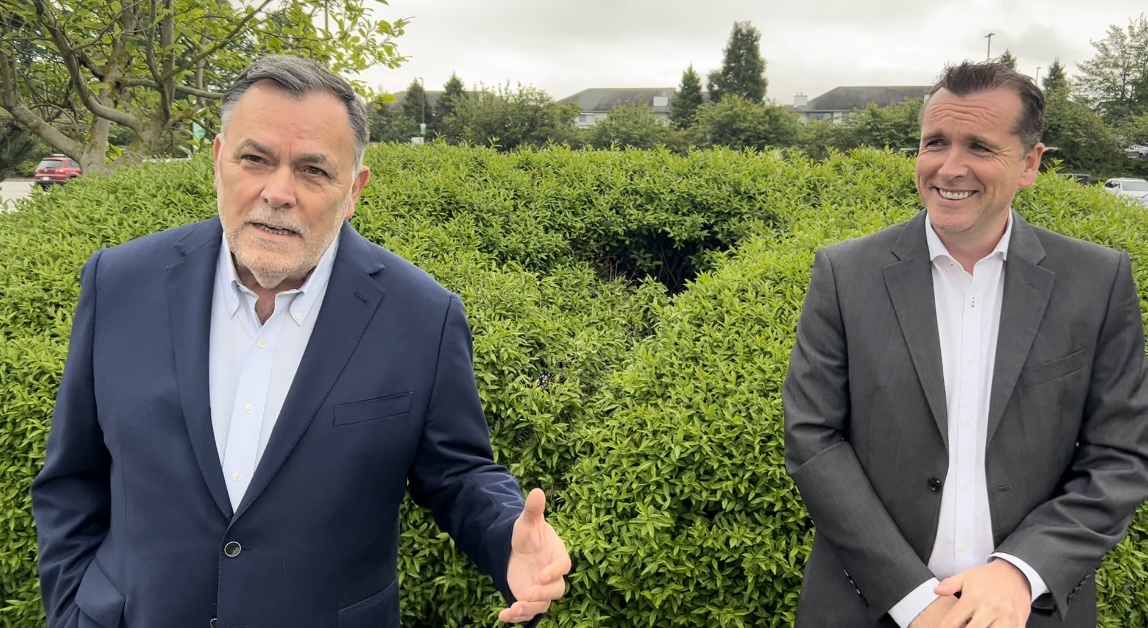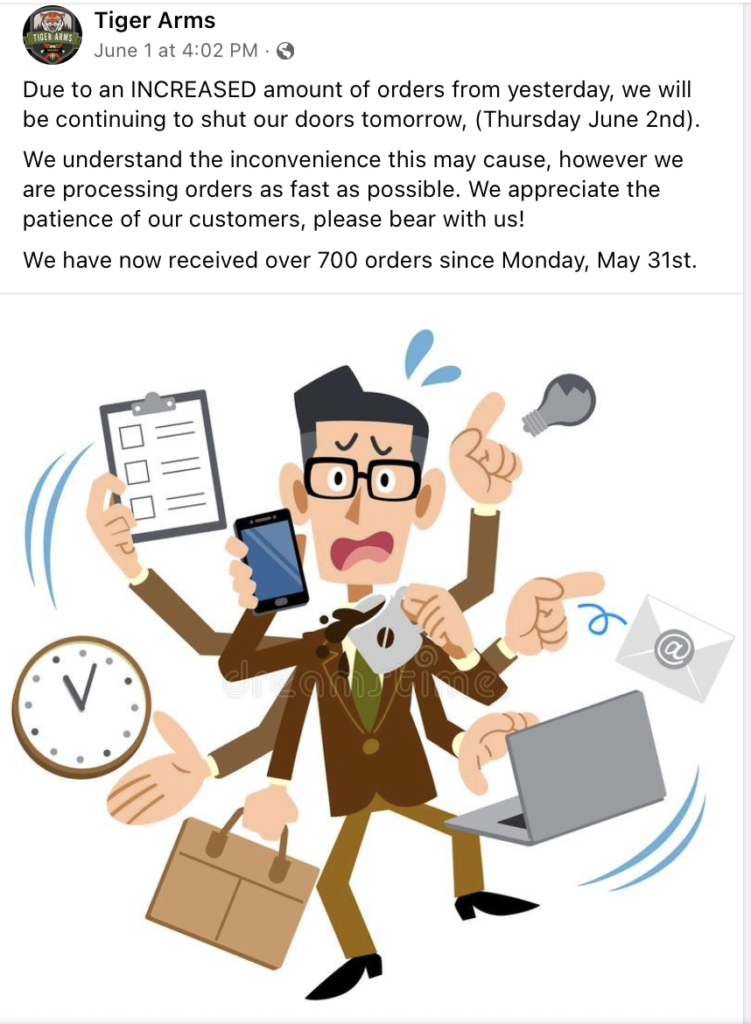Bob Mackin
Fingerpointing galore, as long-suffering Canadian soccer fans are caught in the middle of a pay dispute.
At stake: the present and future of the game almost a year after the women won Olympic gold in Japan and five months before Canadian men play in a World Cup for the first time since 1986.
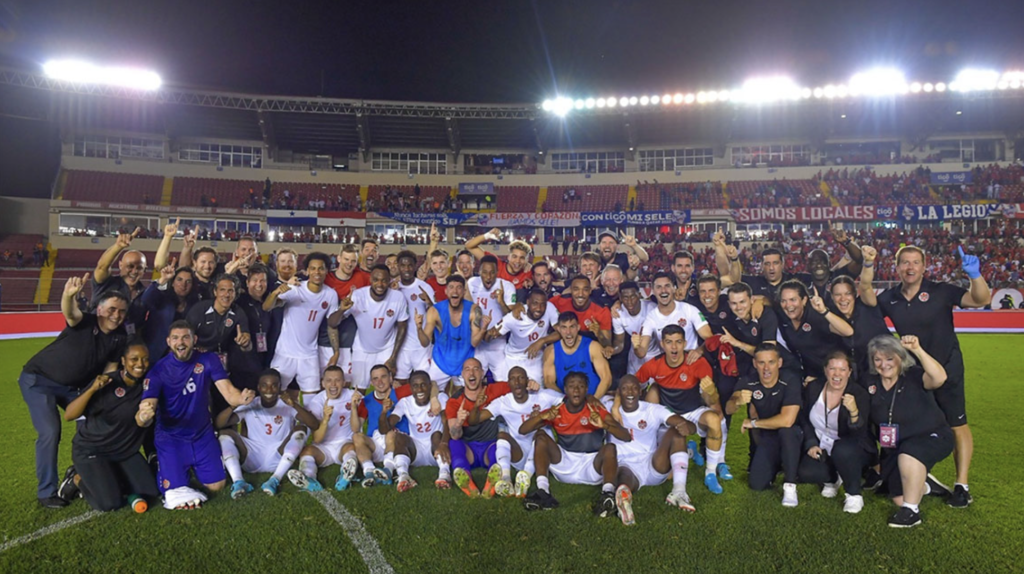
Canada’s men’s team wins CONCACAF in Panama (CSA)
Negotiations on a new agreement for men’s and women’s teams hit a wall in Vancouver last Friday and led to the cancellation of the June 5 B.C. Place friendly with Panama. Panama was a short-notice stand-in for Iran — an opponent criticized by Prime Minister Justin Trudeau more than two years after Tehran blew up Ukraine Airlines flight 752 and the 85 Canadian citizens and permanent residents aboard.
Economics got in the way of the Panama match and could harm the June 9 CONCACAF Nations League meeting in B.C. Place with tiny Curaçao.
Canada’s men’s team qualified for Qatar 2022 on March 27 and their Sunday statement said CSA waited until June 2 to make an offer, which fell far shy of expectations.
CSA is in line for at least $10 million from FIFA. The players want 40% of prize money, travel, accommodation and tickets to Qatar for friends and family, pay equity for the women’s team and more ex-players on the board.
CSA president Nick Bontis dismissed the players’ demands as “untenable.”
At the heart of the dispute is the way the CSA farmed-out sponsorship and broadcast deals to Canadian Soccer Business, the company behind the 2019-launched Canadian Premier League.
“To have any chance of creating substantial, lasting change for all Canada Soccer programs, we need the terms of this agreement to be disclosed and corrected,” said the men’s team statement. “We want to know who signed this deal that has handcuffed our association. Why have Canada Soccer given up autonomy of the greatest opportunity to grow our program in years?”
CSB is a private company, but CSA reported a $5.3 million surplus on 2021 revenue of $33.4 million. During the year, it spent $11.03 million on men’s programs, more than double the women’s programs. Main revenue streams included $18.3 million in commercial and other fees and $4.7 million in government grants.
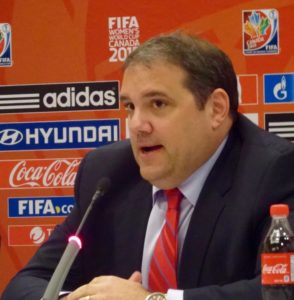
FIFA vice-president Victor Montagliani (Mackin)
CSA previously had a marketing deal with IMG Sports Management, but a former president looked south to the U.S. for inspiration. In 2002, Major League Soccer launched Soccer United Marketing, the exclusive marketing partner of the U.S. Soccer Federation.
In 2014, then-CSA president Victor Montagliani got the ball rolling over lunch with Scott Young, the CEO of the Hamilton Tiger-Cats.
The Ti-Cats needed to find a soccer tenant at their new civic-owned stadium. The CSA needed to become relevant.
Canada was the 22nd biggest country by player participation and 11.3 million Canadians watched Germany win the Brazil 2014 final on CBC. But the men’s team was ranked a dismal 122nd and failed to qualify.
To Montagliani, bureaucracy was holding Canada back.
“The CSA, in a lot of ways, was an organization that didn’t have a corporate element to it; it was run in a very – and I use this word loosely – non-profit way, in terms of attitude,” Montagliani said in a 2014 interview with BIV. “I’ve been able to bring more of a corporate mentality, corporate structure in the boardroom to how we run things. I’ve done that not in isolation, I’ve done that with the board.”
Two years later, Montagliani became president of CONCACAF and a vice-president of FIFA. In 2018, CSB opened with the goal of serving “the new and burgeoning soccer economy in Canada” and launched the CPL the following spring, including Pacific FC in Victoria suburb Langford.
Mitchell said he was disappointed by the cancellation but supports the players’ call for transparency from the CSA.
“We are prepared to be fully transparent about our agreement which has included an unprecedented amount of revenue to Canada Soccer in the past 18 months in the forms of sponsorship and international media dollars,” said the CSB statement.
The controversy comes in a year when Bobsleigh Canada Skeleton and Gymnastics Canada athletes are also demanding transparency and governance change. It also happens less than a month after the U.S. Soccer Federation reached a new deal with players after the 2019 Women’s World Cup champion had sued for equality. The USSF deal runs through 2028 and includes higher appearance fees and royalties from tickets, merchandise and sponsorship.
But it’s also a case of history repeating.
A month before Canada debuted in the World Cup at Mexico 1986, the players’ lawyer Ron Perrick reached a deal with the CSA that included training camp per diems, $1,500 per game per player, and a percentage of the CSA’s receipts from FIFA. “If the CSA does well, the players will do well,” Perrick said at the time. Friendlies in Vancouver against Wales and Burnaby against England went ahead.
The issue flared up when Canada was aiming for a spot in the 1994 World Cup in the U.S. In May 1993, CSA secretly sold the rights to its Toronto qualifier against Mexico for $100,000 to Karsten von Wersebe. The CSA let the Toronto Blizzard owner keep the profits from the $300,000 gate receipts.
CSA executive director Kevan Pipe brushed aside Perrick’s criticism. “The association has the right to do business in the way it sees fit,” he said.
When Canada vied for a wildcard berth, news emerged that the CSA paid goalkeeper Craig Forrest $10,000 to take time-off from the English Premier League’s Ipswich Town to play two qualifiers against Australia.
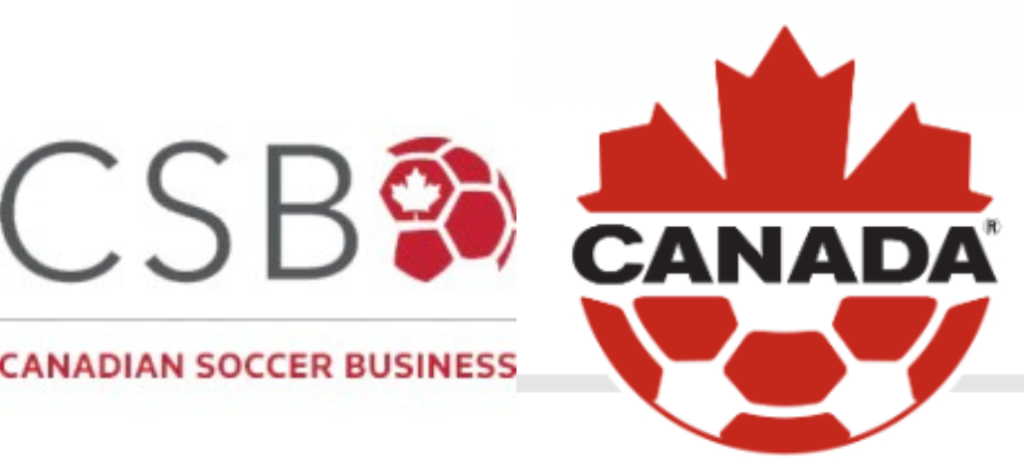
CSB/CSA
Perrick negotiated for the players to receive $1,750 per game and $250 per point. They would have received a $5,000 had they advanced to the 1994 tournament.
In 2000, Forrest’s appearance at the CONCACAF Gold Cup cost him pay when he couldn’t return to West Ham on time. He backstopped Canada to the championship. During that tournament, players received $3,000 for a win, $2,500 for a tie, $2,000 for a loss.
The latest CSA controversy happens the week before FIFA announces June 16 how many World Cup matches in 2026 that Vancouver, Toronto and Edmonton will host.
Support theBreaker.news for as low as $2 a month on Patreon. Find out how. Click here.
Bob Mackin
Fingerpointing galore, as long-suffering Canadian soccer









